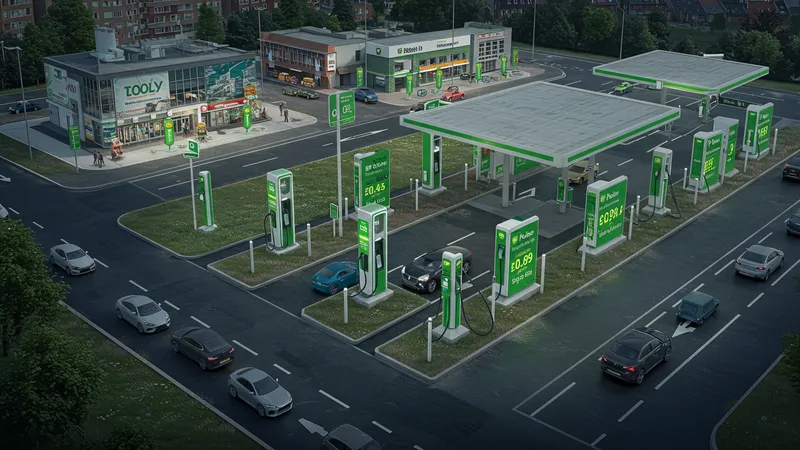
Charging Stations : Insights And Solutions
Charging Stations: Insights and Solutions — Pricing Models and Payment Integration
The pricing structures associated with charging stations play a significant role in their adoption and sustainability across the United Kingdom. Pod Point utilises a tiered model based on location and speed, with rates typically ranging from £0.40 to £0.55 per kWh. This transparency allows users to compare rates and plan journeys economically. The network also offers free charging in select supermarket locations, encouraging adoption among first-time EV drivers and increasing foot traffic for retail partners.

BP Pulse differentiates between standard and rapid stations, charging £0.49 and £0.69 per kWh, respectively. While rapid units incur a premium, they are especially valued on strategic roadways for their ability to recharge most EVs within 30 minutes—a critical time-saving factor for drivers using the UK’s extensive motorway system. The network’s subscription options can yield further savings for regular commuters and fleet managers.
Octopus Electroverse stands out for integrating real-time pricing and unified billing across multiple networks. Users receive a single monthly invoice regardless of how many providers they access through the system. This clarity helps avoid confusion and budgeting surprises, fostering consumer trust. Electroverse’s dynamic pricing, reflecting electricity market fluctuations, can further reward drivers who charge during off-peak hours.
The shift toward contactless payments and smartphone integration simplifies the process, particularly for infrequent users or tourists. Government regulations in the UK now require that new rapid chargers support card payments and display transparent pricing. As consumers grow accustomed to cashless travel, the convergence of pricing clarity and user-friendly payment options will continue to drive adoption. Next, we explore how technical advancements are shaping future-ready charging infrastructure.